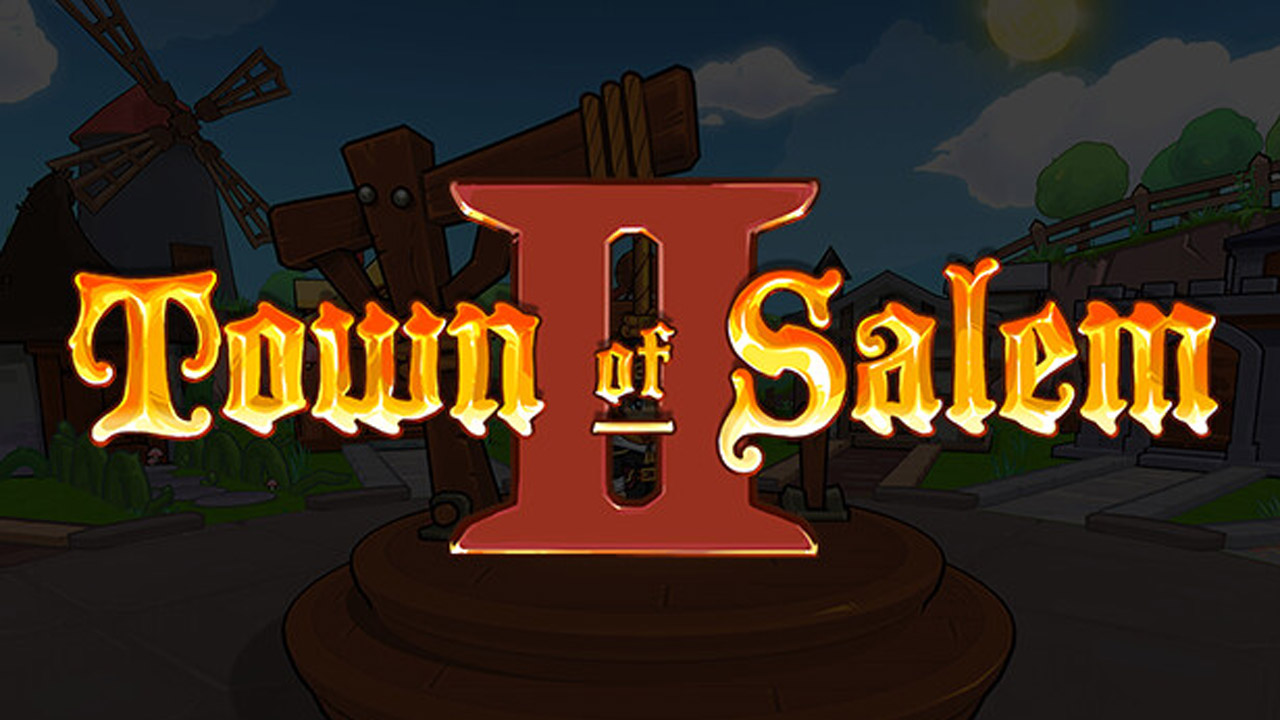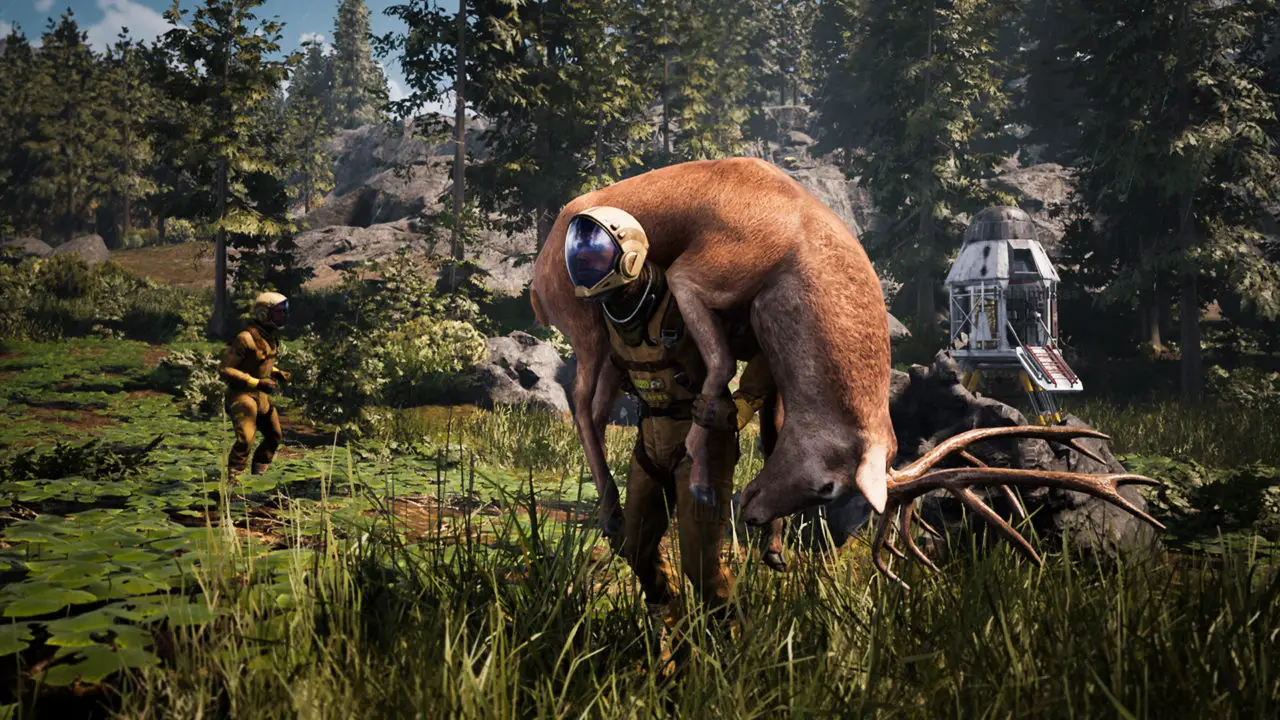This inclusive guide aims to assist players in mastering the Lookout role within the game Town of Salem. It offers a thorough understanding of the role’s capabilities and limitations, outlines essential strategies for effective gameplay, and provides a convenient log template for recording nightly observations. Moreover, the guide also provides tips for players assuming an evil role who wish to masquerade as a Lookout. Whether you’re a beginner or an experienced player, this guide offers valuable insights and practical tools to enhance your Lookout gameplay.
Understanding the Lookout Role
As the vigilant Lookout, you serve as the Town’s sharp-eyed sentinel, able to observe who visits your designated target each night. Your ability plays a crucial role in identifying potential allies or adversaries. Although you don’t directly interact with your target (your visit is Astral), your observations can significantly influence the Town’s decisions and suspicions.
Understanding Your Limitations
Despite the perceived power of your ability, it does have its limitations. You are unable to detect roles that perform Astral visits, which means you cannot identify all the roles that interact with your target. Additionally, since your visit is also Astral, you are immune to roles that affect visitors, such as the Veteran.
Optimizing Your Observations
Mastering the Lookout role revolves around knowing when and whom to watch closely. Some effective tactics include observing confirmed Town roles or individuals who arouse suspicion. Context is crucial—confirmed Town players are likely targets for evil roles, while suspicious behavior may attract visits from investigative or protective roles.
Sharing Information
Effective and timely communication is key for a Lookout. Sharing your findings with the Town can lead to critical decisions regarding lynchings. However, it’s important to consider the timing carefully, as revealing too much information too soon can make you a target of suspicion.
Collaboration with Other Roles
As a Lookout, collaborating with other Town Investigative roles is essential. Information from Sheriffs, Investigators, and Psychics can complement your observations, facilitating the identification of suspects and role confirmation.
Dealing with Illusionists and Enchanters
While Illusionists and Enchanters do not directly affect you, their presence can complicate your observations. For example, an Enchanter can manipulate a genuinely good role to appear evil when visited by Sheriffs or Investigators. It’s important to be aware of their potential influence and factor it in when evaluating your observations.
Lookout’s Game Log Template
Maintaining a game log as a Lookout is crucial for organized gameplay. Here’s a simple template to follow:
D1:
Observations:
N1:
Watched Target:
Visitors:
D2:
Observations:
N2:
Watched Target:
Visitors:
Repeat this pattern for each day and night, updating your observations accordingly. Detailed logs can greatly assist both you and the Town in tracking actions and identifying patterns effectively.
Strategies for Masquerading as a Lookout
If you find yourself assuming an evil role and wish to convincingly pose as a Lookout, consider these strategies:
- Familiarize Yourself with the Lookout Role: Understanding the nuances of the Lookout role is essential to successfully impersonate one.
- Select Your Targets Wisely: Claiming to have watched a player who was visited may invite scrutiny and doubt.
- Coordinate Your Claims: Align your claims with the actions of other players. If someone else admits to visiting your claimed target, it can lend credibility to your claim.
- Exercise Caution with Information: Dispensing excessive false information can raise suspicion. It is often better to keep your lies simple and believable.
Remember, successfully deceiving others relies on blending in, sharing plausible information, and managing suspicions effectively.



